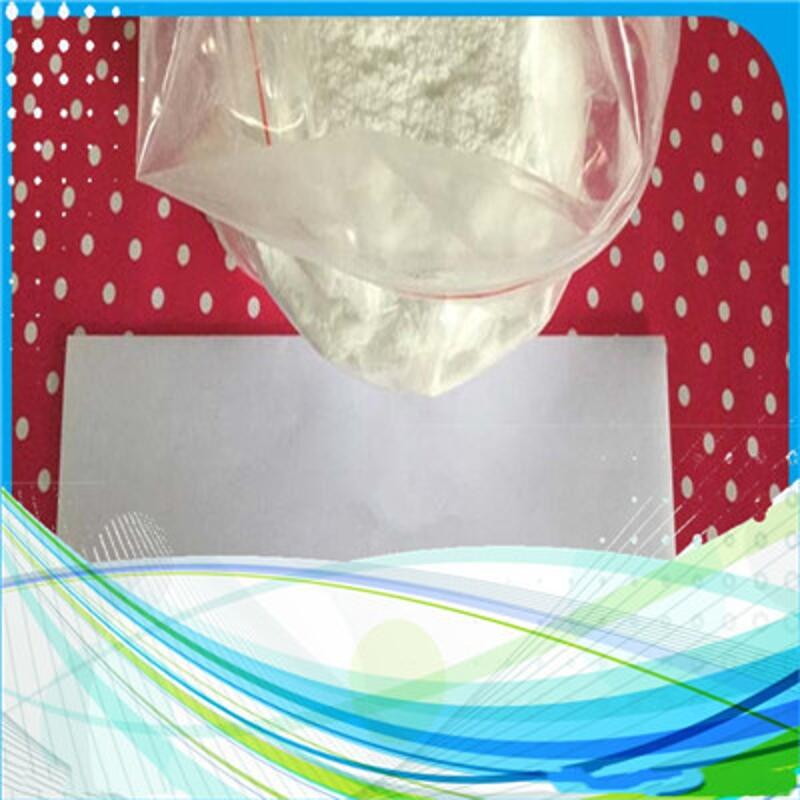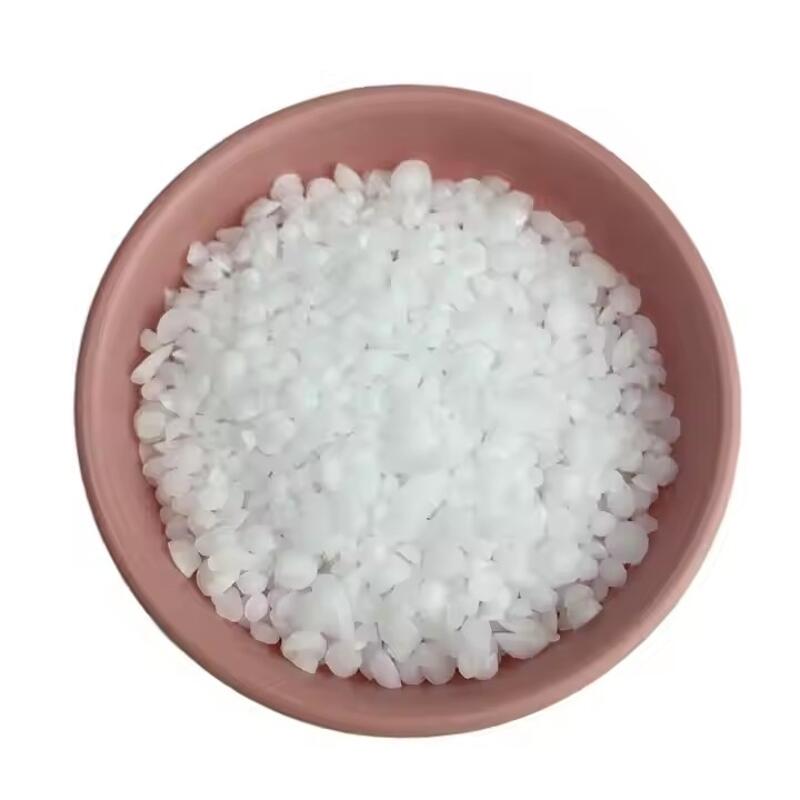-
Categories
-
Pharmaceutical Intermediates
-
Active Pharmaceutical Ingredients
-
Food Additives
- Industrial Coatings
- Agrochemicals
- Dyes and Pigments
- Surfactant
- Flavors and Fragrances
- Chemical Reagents
- Catalyst and Auxiliary
- Natural Products
- Inorganic Chemistry
-
Organic Chemistry
-
Biochemical Engineering
- Analytical Chemistry
-
Cosmetic Ingredient
- Water Treatment Chemical
-
Pharmaceutical Intermediates
Promotion
ECHEMI Mall
Wholesale
Weekly Price
Exhibition
News
-
Trade Service
Plastic recycling is not as good as it sounds.
only about 30% of plastic bottles are made into new plastics, but they are usually less intense.
recently, researchers reported that they have designed an enzyme that converts 90 percent of plastic into raw materials.
, researchers are expanding the technology and plan to open a demonstration plant next year.
the study was recently published in Nature.
a very important step," said John McGeehan, director of the Enzyme Innovation Centre at the University of Portsmouth in the UK, who was not involved in the study.
"PET" is one of the most commonly used plastics in the world, producing about 70 million tons per year.
PET bottles have been recycled in many places, but there are problems with the current method.
, recycling companies eventually mix a variety of different colors of plastic.
then melt it at high temperatures to produce gray or black plastic ingredients, so few companies are willing to use them to package their products.
, the material often turns into carpets or other low-grade plastic fibers that end up in landfill or incineration.
's not really recycling at all," said McGeehan, a lawyer at the company.
to solve this problem, scientists have been looking for enzymes in microorganisms that break down PET and other plastics.
2012, researchers at Osaka University discovered an enzyme like this in compost.
it is called leaf branch composting hornase (LLC) and can cut off the connection between the two components of PET, the chemical bond between parabens and glycol.
But LLCs that have evolved to break down the waxy protective layer properties of many plant leaves can only slowly destroy pet keys, and then lose power after a few days of working in a temperature of 65 degrees C (where PET begins to soften, at which the enzyme is more likely to enter the polymer and thus reach the key it wants to destroy).
to redesign LLC, Alain Marty, chief scientific officer of Carbios, a French developer of recycled plastic enzymes, has teamed up with Isabelle Andre, an enzyme engineering specialist at the University of Toulouse in France.
first analyzed the crystal structure of the enzyme and identified the key amino acids at the chemical bond binding points between the enzyme and PET's parabens and glycol groups.
they are also looking for ways to make the enzyme work at higher temperatures.
the researchers then produced hundreds of mutant enzymes that altered the amino acids that bind the bits and added thermostatase.
, they mass-produce mutants in bacteria and screen them to find effective PET decomposers.
after repeating the process several times, they isolated a mutant enzyme that destroys PET bonds 10,000 times more efficiently than natural LLCs.
the enzyme does not lose its activity even at 72 degrees C, which is close to pet melting temperature.
small reactor designed to test enzymes, the team found that the enzyme could break down 200 grams of PET by 90 percent in 10 hours.
researchers then used benzoate and glycol components, which are produced by the enzyme-decomposing plastic, to produce new PET and used the new PET to produce plastic bottles as strong as conventional plastics.
Said McGeehan: "It's very exciting.
it shows that it does work.
" but it is not clear whether the scheme is economically viable.
mcGeehan points out that one of the main advantages of this enzyme is that it can easily produce pure PET components from plastic mixtures other than PET (even PET bottles of different colors).
this is because this engineered enzyme only destroys the chemical bonds that connect the two PET components, allowing them to return to their original form without being affected by dyes and other plastics in the mixture.
, he says, companies and consumers may be willing to pay slightly higher prices for recycled plastics that are as durable and beautiful as new ones.
carbios is building a demonstration plant that is expected to recycle hundreds of tons of PET per year, said Marty, the company's chief executive.
this enzyme cannot recycle other major types of plastics, such as polyethylene and polystyrene, because they have chemical bonds that are more difficult to destroy.
, if successful, it could help us solve one of the most challenging plastic problems facing human society.
()







